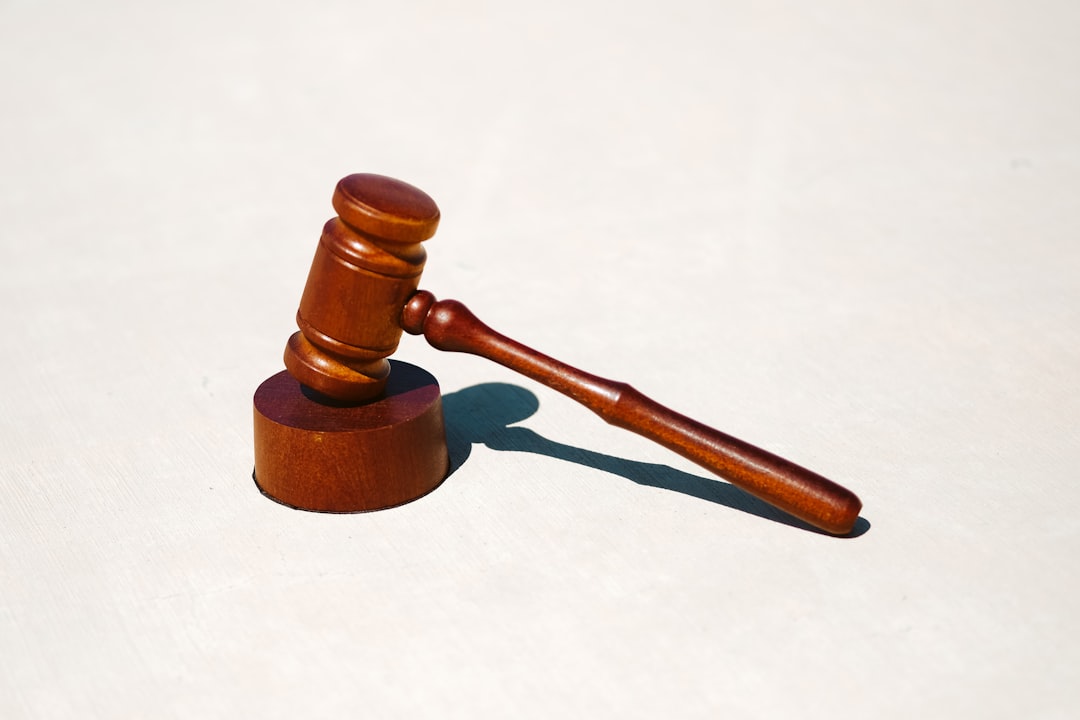In Pennsylvania, the Telephone Consumer Protection Act (TCPA) protects consumers from unwanted phone solicitations and preserves privacy. A specialized TCPA law firm in Pennsylvania is crucial for ensuring businesses comply with this act, as non-compliance results in substantial financial penalties. These firms help prevent automated or prerecorded calls without explicit consent and restrict artificial voices in telemarketing, safeguarding consumer rights. They assist in filing lawsuits, navigating the legal process, and seeking fair compensation for victims through settlements or judgments.
“Are you facing a Telephone Consumer Protection Act (TCPA) lawsuit in Pennsylvania? Understanding the legal process is crucial. This guide provides an in-depth look at what to expect, from the moment you’re served with a complaint until potential outcomes. We explore the role of a TCPA law firm in navigating complex legalities and protecting your rights. Learn about the steps involved, key players, and successful strategies in Pennsylvania courts. Know your rights and prepare accordingly.”
Understanding the Telephone Consumer Protection Act (TCPA) in Pennsylvania

In Pennsylvania, the Telephone Consumer Protection Act (TCPA) is a federal law designed to safeguard consumers from unwanted telephone solicitations and prying into their personal privacy. This legislation has far-reaching implications for businesses and individuals alike, especially with the ever-increasing reliance on mobile phones. A TCPA law firm in Pennsylvania plays a pivotal role in ensuring compliance with this act, protecting consumer rights, and providing legal guidance in cases of alleged violations.
The TCPA prohibits companies from making automated or prerecorded phone calls to consumers without their prior explicit consent. It also restricts the use of artificial or synthesized voices in telemarketing campaigns. In Pennsylvania courts, a successful lawsuit under the TCPA can result in significant financial penalties for violators, with damages that may include actual harm, statutory damages per violation, and attorney’s fees. Therefore, it’s crucial for businesses to understand and adhere to the TCPA regulations to avoid costly legal repercussions.
What Happens During a TCPA Lawsuit?

When you file a Telephone Consumer Protection Act (TCPA) lawsuit in Pennsylvania, there are several stages and procedures to navigate. Initially, a TCPA law firm in Pennsylvania will review your case to determine if it meets the legal requirements for filing a suit. This involves analyzing the facts of your case, such as whether automated or prerecorded calls were made without your consent, as per TCPA regulations. If your case is viable, the attorneys will draft and file the complaint with the appropriate Pennsylvania court.
After filing, the defendant (the party being sued) will be served with legal papers outlining the allegations against them. From this point, a structured process unfolds: discovery, motions, hearings, and ultimately a trial or settlement. During discovery, both parties exchange relevant information and documents. Motions may be filed to dismiss the case or for summary judgment if there are no genuine disputes of material fact. Hearings are held to discuss these motions, and the court will render decisions accordingly. The goal is to reach a resolution, whether through a fair trial or an agreed-upon settlement.
The Role of a TCPA Law Firm in Pennsylvania Courts

In Pennsylvania courts, a TCPA law firm plays a pivotal role in representing consumers who have suffered harm due to violations of the Telephone Consumer Protection Act (TCPA). These firms specialize in navigating the intricate legal landscape surrounding telemarketing and automated communication practices. With their expertise, they guide clients through the lawsuit process, ensuring their rights are protected.
A TCPA law firm in Pennsylvania assists plaintiffs by analyzing the facts of each case, identifying potential TCPA violations, and devising effective legal strategies. They draft and file complaints, gather and produce relevant evidence, and represent clients during court proceedings. Their primary goal is to secure just compensation for victims, often resulting in settlements or judgments that reflect the severity of the TCPA violations.
Navigating the Legal Process and Expecting Outcomes

Navigating the legal process under the Telephone Consumer Protection Act (TCPA) in Pennsylvania courts can seem daunting, but understanding what to expect is crucial. A TCPA law firm in Pennsylvania will guide clients through this intricate process, ensuring their rights are protected. The first step typically involves filing a complaint with the court, detailing the alleged violative phone calls or messages. Once filed, both parties have specific legal obligations and deadlines to meet, as outlined by the state’s rules of civil procedure.
In terms of expected outcomes, the goal is usually to secure monetary damages for each violation, which can be significant if multiple calls or texts are involved. The court may also order the infringing party to cease and desist any further unwanted communications. Given Pennsylvania’s consumer protection laws, plaintiffs often have a strong case, but defendants must be prepared to mount a defense that proves their actions were not in violation of TCPA regulations.






